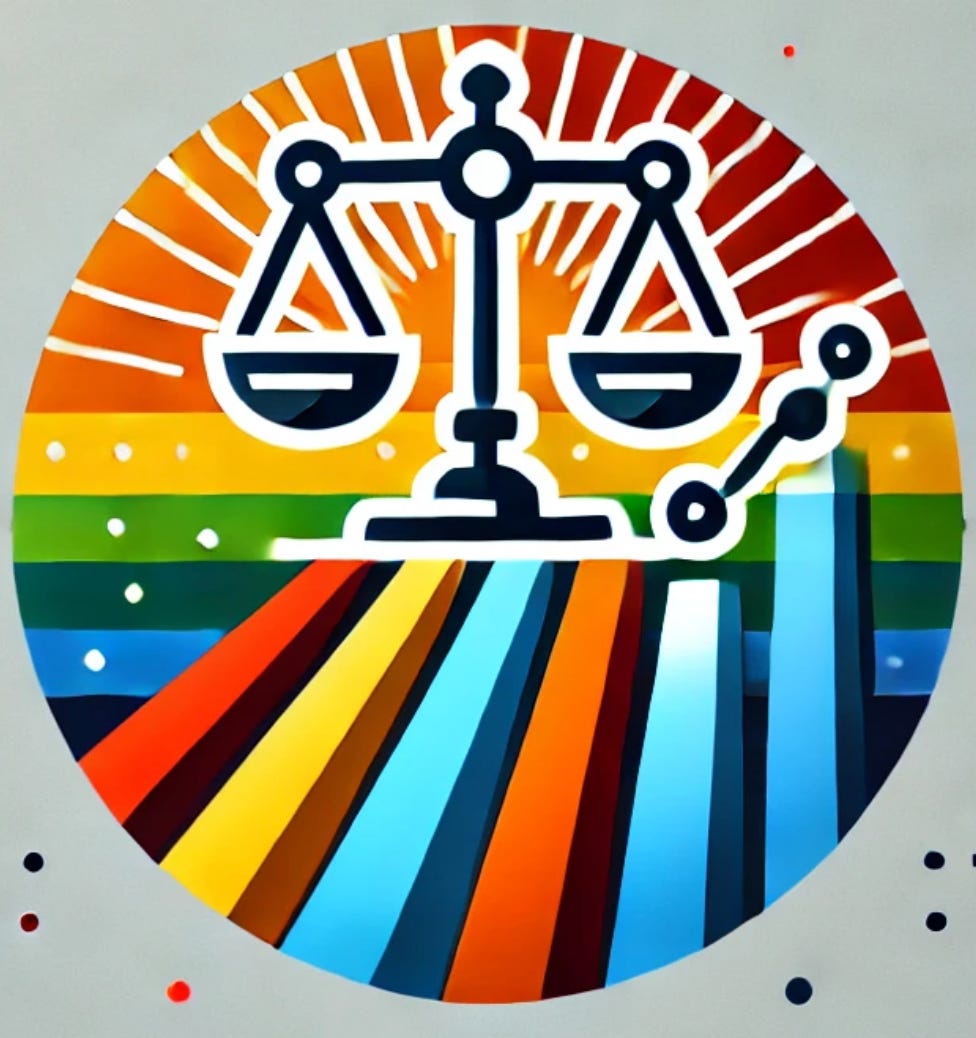Bolivia - MAS tensions - October 2024
The Evo vs Arce dispute turns ugly for them and the country.
Bolivia has an ongoing economic crisis. Shortages of dollars and fuel remain a challenge for the population. Its forests are burning due to the same drought and heat that is hitting much of South America.
Instead of dealing with any of that, President Luis Arce and former President Evo Morales are fighting with each other and mismanaging their own serious personal and potentially criminal scandals. Arce wants to run for reelection and Morales is demanding the right to run for the MAS political movement in 2025. Meanwhile, both men are accused of abusing women. Morales is accused of raping a minor. Arce is accused of impregnating a woman who was applying for a government position. Both deny the rumors and claim the accusations are politically motivated.
With a criminal investigation into his conduct restarted, Evo Morales has called his supporters - the evistas - to block roads and engage in protests against the government. The road blocks are further harming Bolivia's economy, which will damage the party in power in the upcoming election. Morales is willing to sink Arce to avoid prison and to ensure he has a shot to be the next president. It is proof that even if Morales is no longer particularly popular among the majority of the population, he still has the organizer's ability to bring enough people to the streets to influence events.
At least publicly, Arce's government is handling this dispute more responsibly. They have offered to open a dialogue with Evo and other political sectors about economic issues while refusing to involve itself in what it says is an independent investigation into the former president that the current government should not influence. It's a cautiously smart position to take, but Arce's aura of professionalism is being undermined by the allegations against him.
Both men view the next election as existential. Bolivia's judicial system and the elections of justices have allowed the current government to target its political opponents. They both assume, probably correctly in Evo's case, that losing the presidency means jail time. It will be hard to rebound back into the political leadership from a loss.
If the MAS opponents on the center and right in the political system were smart and strategic, they would quietly step back and allow Evo and Arce to tear each other apart. Also, if they were disorganized and demoralized, they would not have much response. I lean towards the second explanation, but either way, Bolivia's other political sectors are almost nowhere to be seen in this dispute. There are political actors who should benefit in 2025 from this crisis, but they are not playing a large role in current events.
Meanwhile, the economic crisis slogs forward. It is less about a sudden economic crash than a multi-year struggle for a country that is already one of Latin America's poorest. Articles in Americas Quarterly and Bloomberg highlight the ways the recent challenges undermine the view that MAS knows how to manage macroeconomics responsibly. Populations turn against presidents who are managing the economy poorly and many voters will lump Arce and Morales together in taking the blame.



